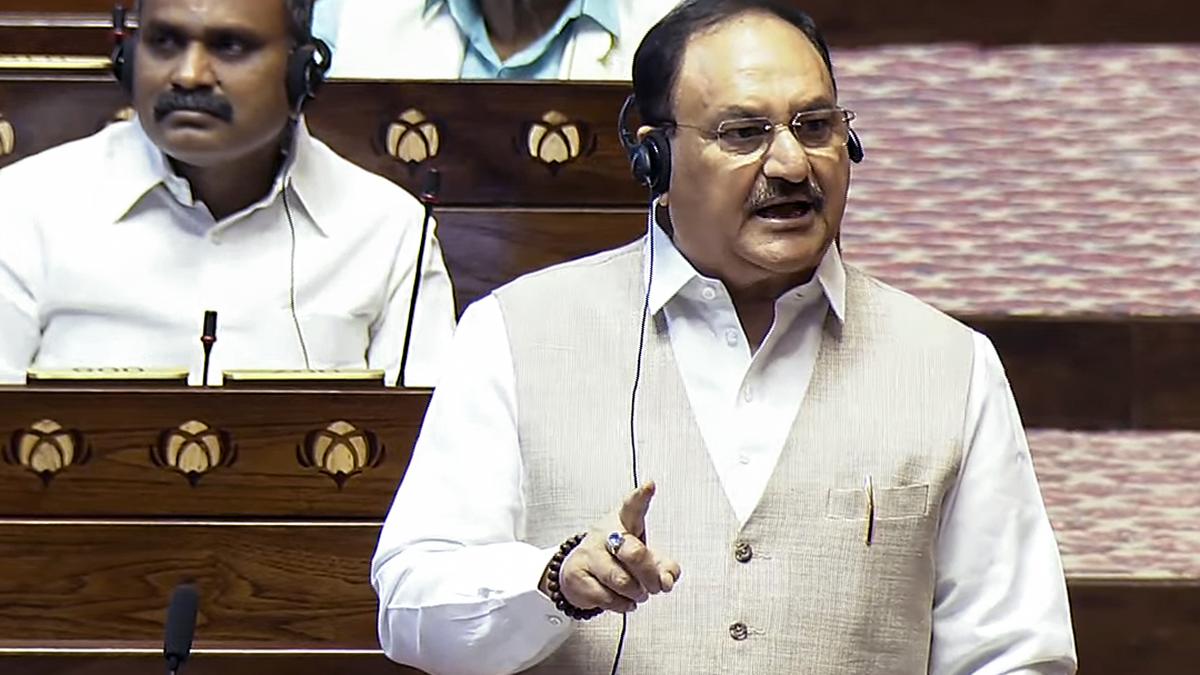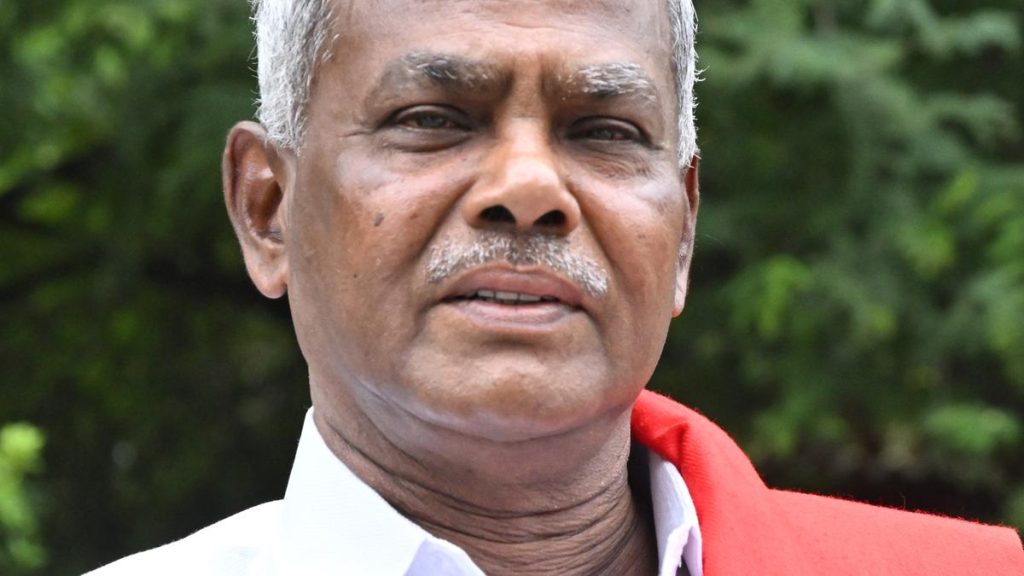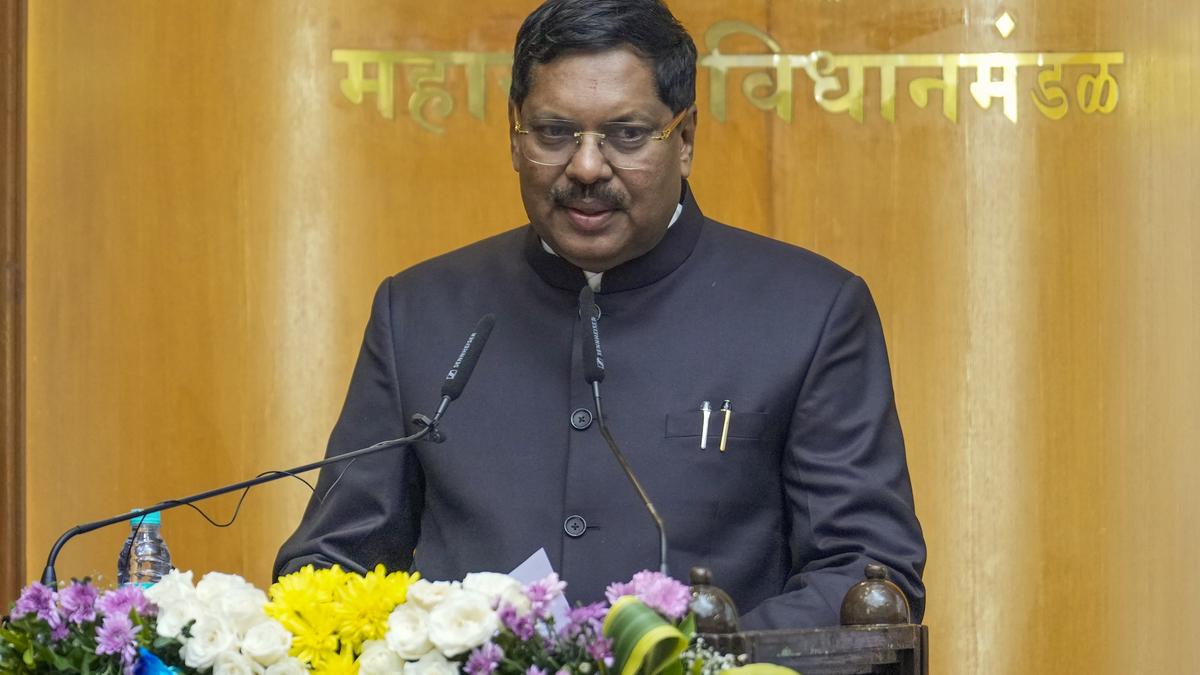Now Reading: Nadda Praises Modi, Criticizes Nehru on Indus Waters Treaty
-
01
Nadda Praises Modi, Criticizes Nehru on Indus Waters Treaty
Nadda Praises Modi, Criticizes Nehru on Indus Waters Treaty

Fast Summary:
- BJP president J.P.Nadda criticized former Prime Minister Jawaharlal Nehru for the signing of the Indus Waters Treaty (IWT) in 1960, terming it a “Himalayan blunder.”
- Mr. Nadda stated that Nehru signed the treaty without consulting Parliament and onyl allowed a brief two-hour discussion two months after its signing.
- he praised Prime Minister Narendra Modi’s decision to suspend the IWT following the Pahalgam terror attack on April 22, 2025, which claimed 26 lives.
- Pakistan Army Chief Field Marshal Asim Munir responded with warnings of destruction of Indian infrastructure in case water flow is reduced and issued nuclear deterrence statements.
- The debate over IWT also touches broader issues related to india-Pakistan relations, terrorism, and strategic resources like water.
Indian Opinion Analysis:
The suspension of the Indus Waters Treaty by India marks a meaningful shift in its policy regarding strategic agreements with Pakistan. While this move highlights India’s stance against terrorism-the immediate context being the Pahalgam terror attack-it raises critical questions about ancient decisions associated with resource sharing and national security.
The comments by BJP president J.P. Nadda reflect an ongoing critique within Indian politics against past leadership decisions that are perceived as compromising vital interests like water resources. Though, such measures could also escalate tensions with Pakistan when coupled with rhetoric from military leadership threatening retaliation.While India’s decision might potentially be seen as assertive action underlining territorial sovereignty and national security priorities, it could have long-term implications for cross-border diplomacy and stability in South Asia.
This development underscores how shifts in policy-driven by current events-can redefine historical narratives around treaties like IWT while pushing both nations into possibly volatile reactions regarding shared resources.
Read more: Suspension Of The Indus Waters Treaty

























